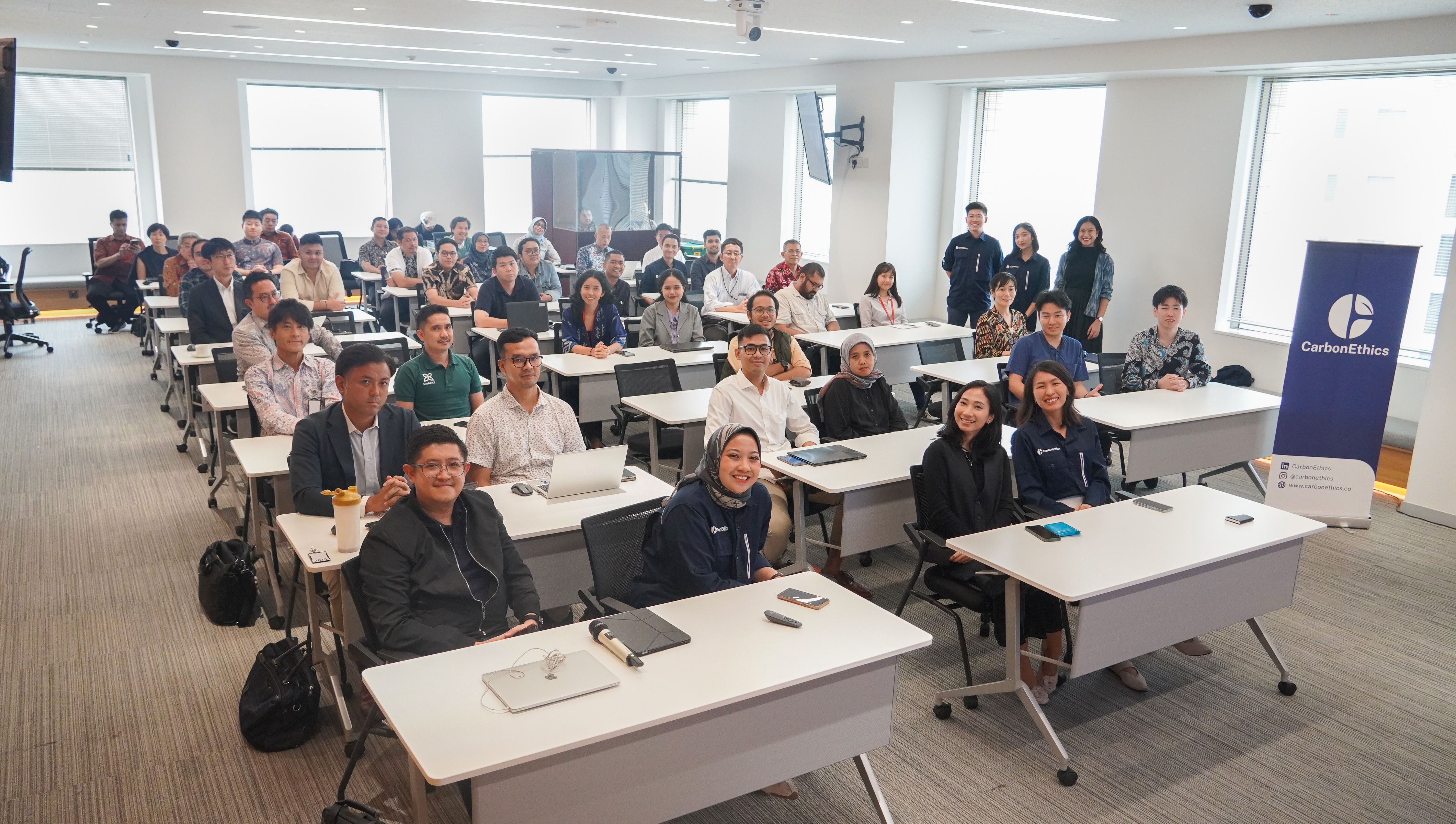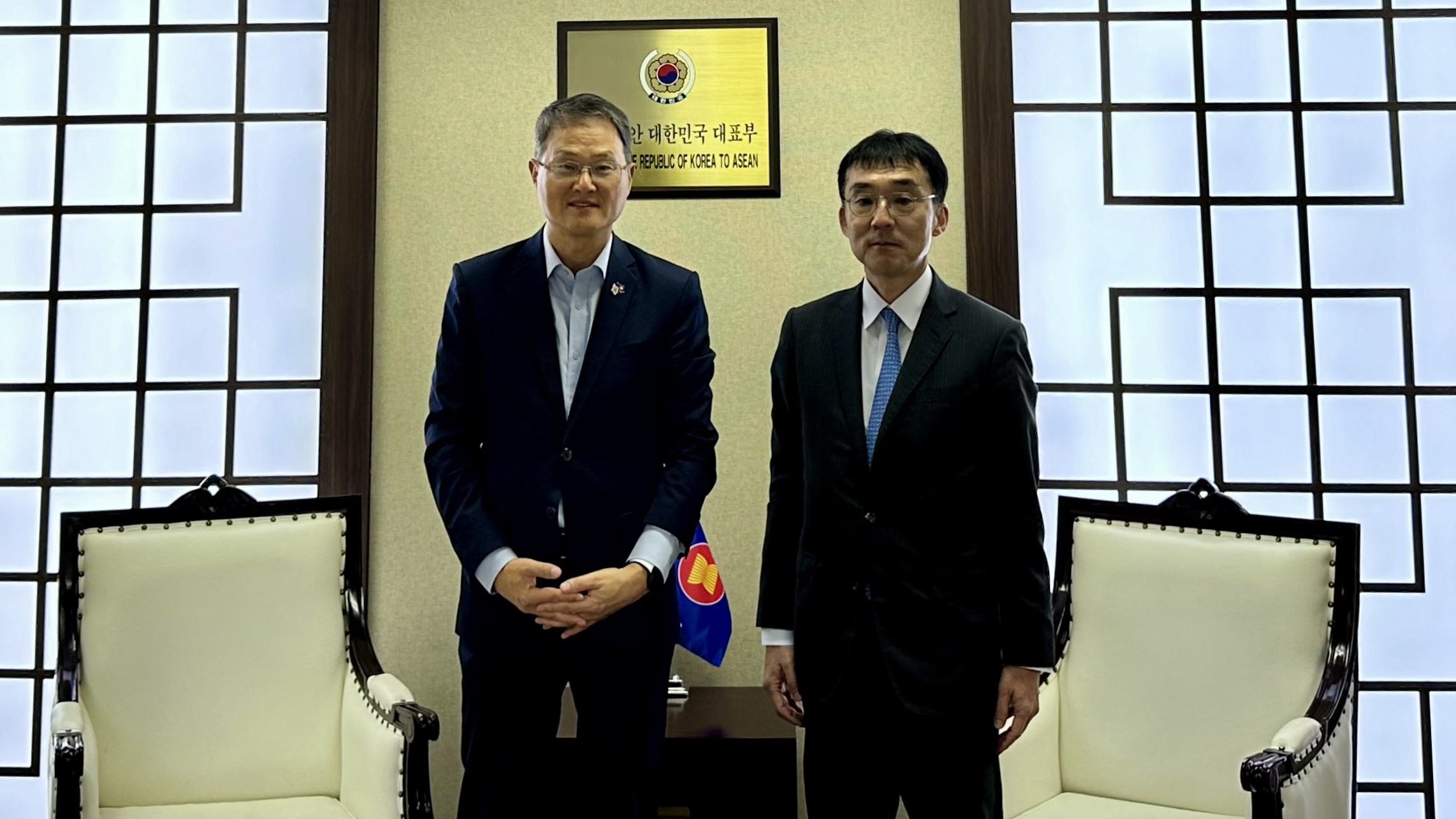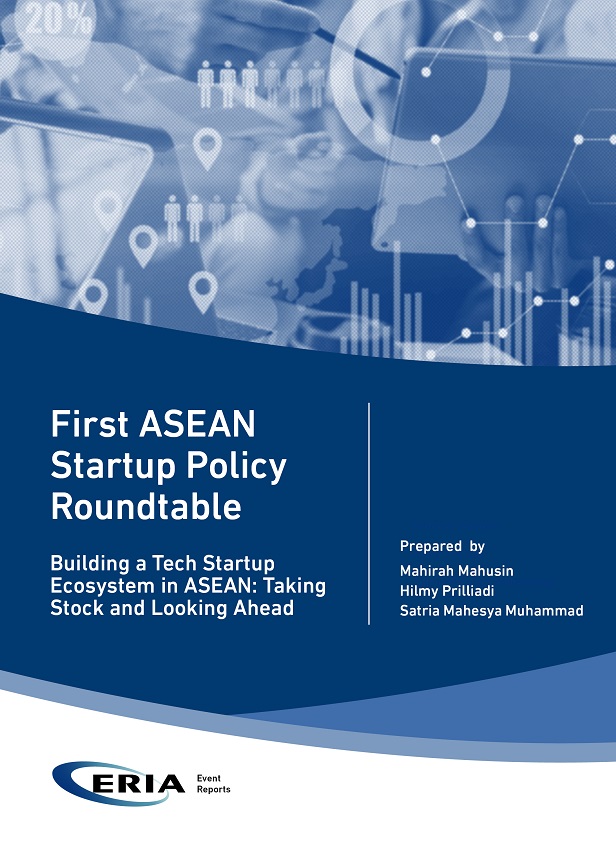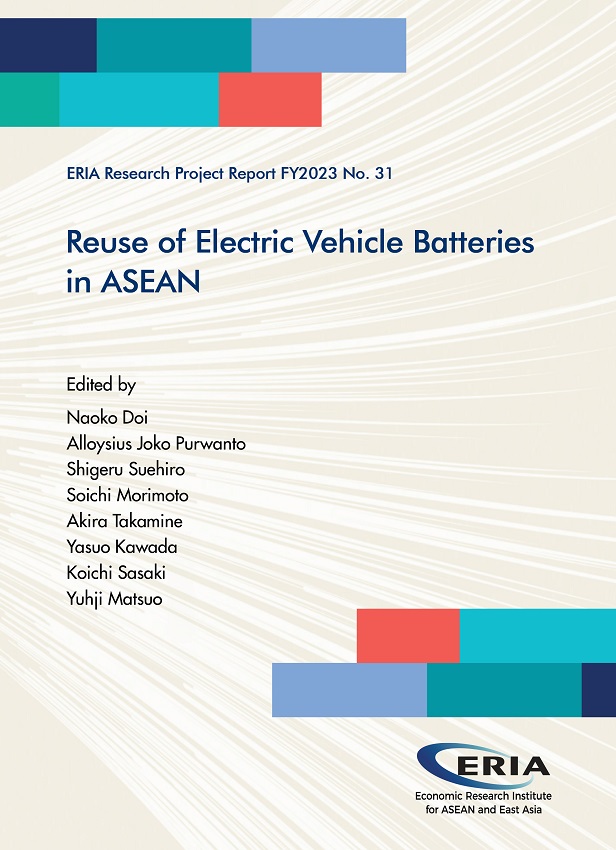Women and Leadership in the ASEAN Digital Economy
Date:
5 May 2023Category:
OpinionsTopics:
-Share Article:
Print Article:
By Ms Rubeena Singh, ERIA’s External Consultant on Inclusive Education: Women's lack of representation in digital leadership in policy, media, and research is a critical issue in the ASEAN region. Despite high-level commitments of ASEAN Member States to gender digital equality and to lead the region in equal digital access, there are still significant challenges to women’s advancement in digital leadership. For example, the dimensions, causes, and solutions related to digital leadership are not clearly defined, leaving a significant gap in our understanding of how to address this issue. In a recent report, ‘Women and Leadership in the ASEAN Digital Economy: Mapping the Rhetorical Landscape’, authors Araba Sey and Sara Kingsley analyse the rhetoric in the region and make several recommendations for women’s advancement in digital leadership. Properly defining, understanding, and addressing the cause and symptoms of an issue is essential in making key policy decisions.
Media institutions can create public support or interest in particular issues, which, in turn, can drive policy action and influence policymaking. They accomplish this through the number, type, and substance of the topics they report on. Media can monitor and report the status of policy implementation. Policymakers often emphasise issues that have extensive media coverage. Thus, by examining the media’s reportage on women's issues in the digital economy in the ASEAN region, one can gain insights into how the public and policymakers perceive the problem.
The report finds that media coverage of women's inequality in digital leadership is patchy and often limited to stories of individual women's experiences. This type of coverage fails to provide a comprehensive picture of issues and challenges faced by women in the digital economy. Similarly, policy and research on women's inequality in digital leadership is insufficient, as they are often focused on economic narratives than on equal representation as a matter of principle.
This vagueness or merging of issues can have consequences for identifying and, consequently, addressing the core problem. It can also result in discrepancies between the issue and the solutions to address it. For example, whilst the ASEAN Sustainable Urbanisation Strategy acknowledges the difficulties of automation's impact on women's employment and gender inequality in science, technology, engineering, mathematics (STEM) education, it is uncertain whether prioritising a bootcamp as the preferred action would solve the problem, particularly since bootcamp models are primarily intended to provide entry-level skill training and perform tasks that are susceptible to automation.
The narrow focus on economic benefits detracts from the larger principle of equal representation in digital leadership, which is essential for promoting gender equality and a more inclusive digital economy.
Data, monitoring, and evaluation are crucial in addressing women's inequality in digital leadership. The heavy reliance on global, European, or North American data to define the issue underscores the need to improve the collection of gender-disaggregated data within the ASEAN economy. Even baseline data on the extent and nature of women's participation in the digital economy are scarce, with most economic gender data focusing on women in the textile, clothing, and footwear industry. The lack of data makes it difficult to understand the specific challenges faced by women, limiting the development of effective solutions to address these challenges. Without routine data collection and monitoring systems, it will be impossible to evaluate the effectiveness of policies and strategies.
The authors thus advise policymakers to actively integrate monitoring and evaluation of policies intended to enhance the status of women in digital leadership, including using independent research and media coverage to continually raise public awareness of the issue. Systematic, longitudinal data are critical for effectively monitoring and managing the expected and unforeseen results of policy initiatives. This will also help determine whether gender equality in digital leadership in ASEAN is a policy, implementation, or management problem, and guide the allocation of resources accordingly.
We need to shift the focus from economic narratives to a more comprehensive understanding of the issue and its causes. By improving the collection of gender-disaggregated data, we can gain a better understanding of the challenges faced by women in the digital economy and develop effective solutions to address them. Only by doing this can we achieve equal representation and a more inclusive digital economy for all.
This opinion piece was written by ERIA’s External Consultant on Inclusive Education, Ms Rubeena Singh, and has been published in The Jakarta Post and The Voice of Vietnam. Click here to subscribe to the monthly newsletter.
Disclaimer: The views expressed are purely those of the authors and may not in any circumstances be regarded as stating an official position of the Economic Research Institute for ASEAN and East Asia.








